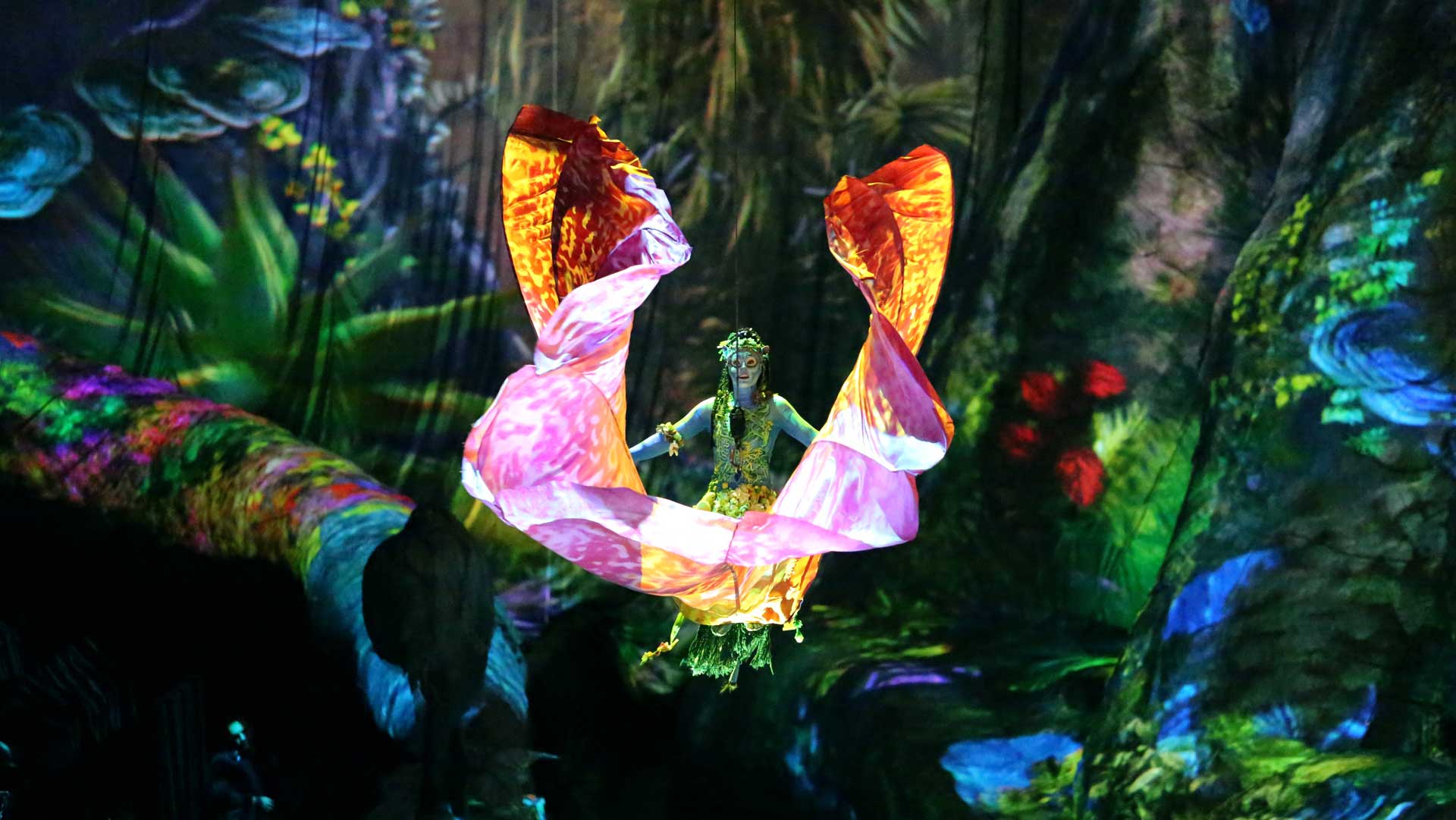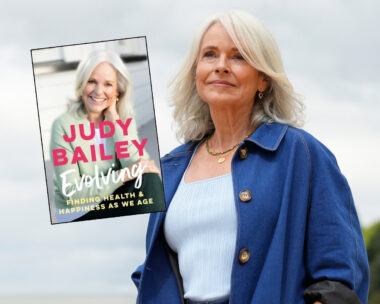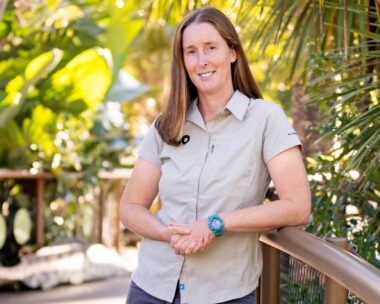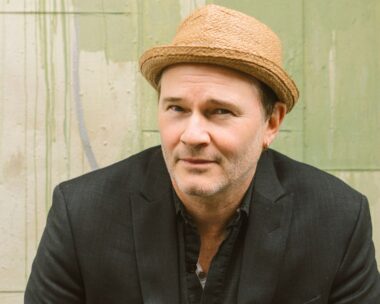Ahead of their arrival in New Zealand in September for Cirque du Soleil’s new show, Toruk: The First Flight, we caught up with Daniel Crispin, one of the show’s principal characters, and Jessica Ward, an acrobat, to talk about their active lifestyle.
How did you get into acrobatics?
Daniel: I was always creative; I wasn’t always co-ordinated though.
I grew up doing martial arts and then that sort of drifted towards dance and performing arts. I went backpacking when I finished high school and I made my way to Las Vegas, and saw the Cirque du Soleil show O, and I was like ‘This is it, I’m going to do this’. I auditioned for [Australia’s] National Institute of Circus Arts’ bachelor programme and I made it in. I spent three years doing my bachelor degree – and the rest is history.
Jessica: I started as a dancer, and my mum started teaching acrobatics soon after. So I competed in a discipline of gymnastics. I competed all the way until I was about 17, 18, went to World Championships, then auditioned for the same degree programme that [Daniel] did.
I was really bad at circus at the beginning. I thought it was going to be really easy because I was like ‘I’m an acrobat, I’ve got this, this is simple’ and it was just not.
So it was a really long road to get from that starting point to this place now. It’s been an interesting ride.

With the physical part of it, how do you maintain your fitness?
Jessica: I find I really like high-intensity interval training. That’s my go-to if I have to get into shape really quick, or just as a maintenance tool, because you can knock out a workout in 20 minutes.
It’s quick, it’s effective and we don’t have a lot of time to play with during our days, because it is back-to-back training, scheduling makeup, and lots of bits and pieces throughout our days.
Daniel: I really like apparatus-specific training. My specialty is aerial straps and I’m lucky enough to do a specialty in the show. When I can’t use that, I spend a lot of time in the gym, just looking after my shoulders. And the show is so physically demanding, that takes care of a lot of the cardiovascular and your endurance.
What about your diet?
Jessica: We travel with a catering team, so a lot of it’s down to what they provide. They’re pretty amazing; they’re catering for 41 artists and 60 technicians.
But our life is in Spandex so you kind of rein it in a little bit; it’s a very unforgiving costume. If you’re lighter, it’s easier to lift yourself, and also you want to put good food into your body so you have the energy to get through the day.
I’m a firm believer in everything in moderation. If I want to have ice cream or dessert I’ll occasionally have it, but a well-rounded diet is just the best approach that I’ve found.
What does a typical day look like? Is there such a thing?
Daniel: No, absolutely not.
Jessica: Up until this point, in North America, we’ve done a city a week, so the first day back of the week is a validation day, and you’ll go through every single apparatus and act of the show in the new space just to make sure we’re prepared for the opening night that night.
But throughout the week it depends if there’s a rotation in cast members, if we’re trying to develop an act or make a change. We have quite a lot of creative freedom in what we put on stage.
Daniel: And what the public comes in and sees is the fun part for us as well, so that’s really great because that transfers across to the audience. We’ve done so much hard work behind the scenes and that’s the chance for it to really culminate and to be shared with everyone.

How do you mentally prepare for a performance?
Daniel: It’s different for everyone. We all do our own makeup and that takes about an hour, so everyone has this one little moment where they sit down and they get their head and their butt in the same place.
I get a solid five minutes during the show before my specialty act, so I’ve been running around for 40 minutes, and I go off and have five minutes to get everything together. If it’s my shoulder, if something’s not feeling right, I work on that, get my mind together.
Jessica: You go through such a physical transformation with the makeup, you’re literally blue from head to toe. So seeing that process, it’s hard to look in the mirror and not feel like you’re ready to do something.
After a show, how do you unwind?
Daniel: It’s a bit difficult to say, because some nights we’d perform to 10,000 people and then on a double show day, it was 20,000. You’d get to the end of the week and it was like 100,000 plus people that watched the show, so it’s really easy to lose your mind and be awake until 7am the next morning.
I always take a long walk to get back to the hotel. I like to take a really hot shower or hot bath, and that really dials it back. I also do a lot of mindfulness app exercises.
Jessica: You’re just buzzed after the show for a little while, so it definitely takes a while to wind down. I’ve had to download an app on my phone as well, because it’s so busy when you’re going from sometimes 11 o’clock in the morning to almost 11 at night. You’re around people and you’re really stimulated.
On breaks, I like to take a few days where I just don’t do anything circus-related. I have a little fashion design project I’m working on, something completely different to get my mind off it, so I can get excited about it again when it comes back.
We’ve done 350 shows, we do up to 10 shows a week sometimes, so when it’s on, it’s a lot.
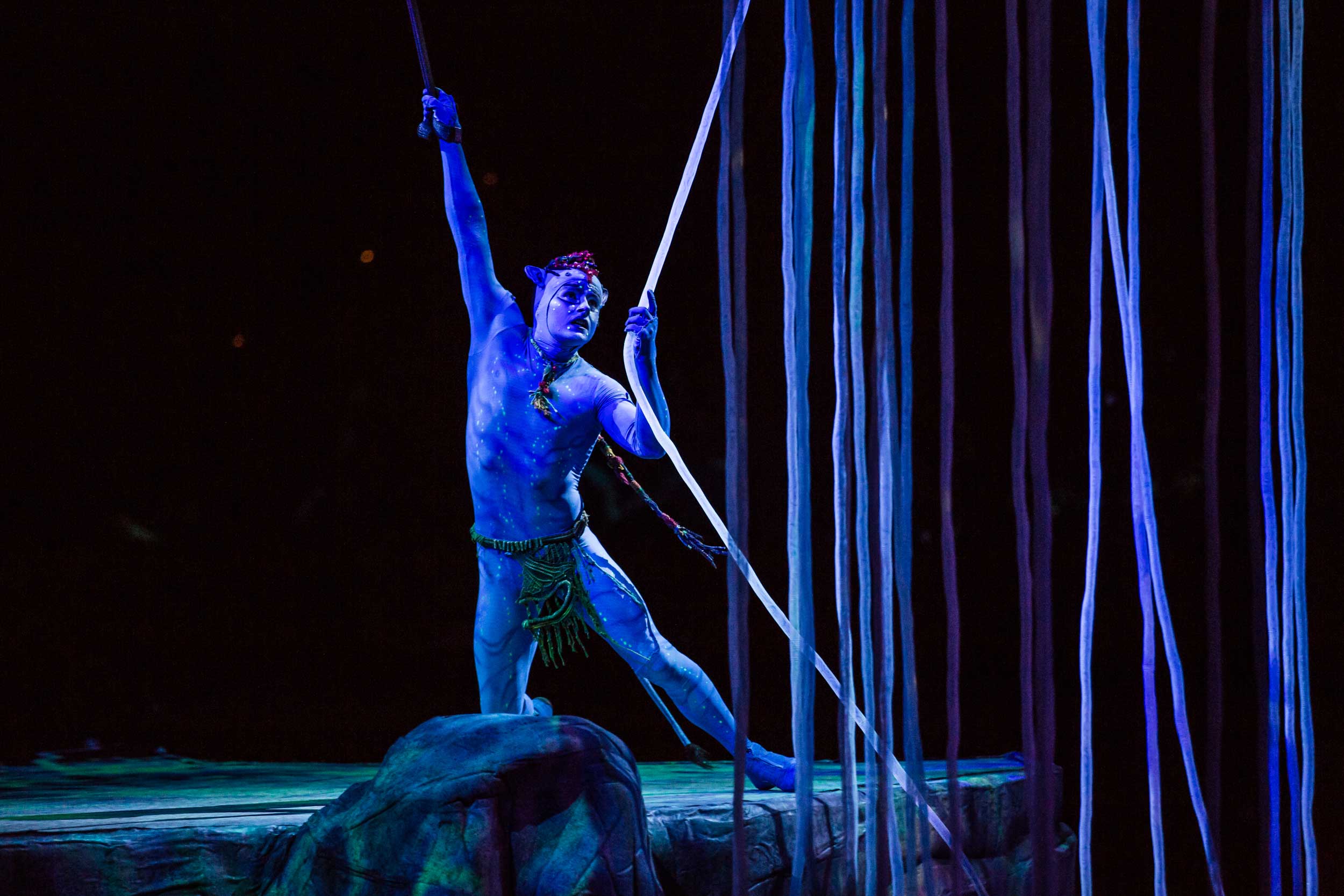
How do you maintain a work and life balance on tour?
Daniel: It kind of becomes a whole lifestyle; you just resign yourself and commit to that 12 weeks. We all love our job and we all love touring and we love hard work. It does get more difficult towards the eighth, ninth, 10th, 11th, 12th week, but you know when it’s edging up towards the end of school? It turns into excitement and it gets a little bit easier.
Jessica: We travel with such an incredible group of people. Everyone works so hard, does their job to a tee and is so accommodating, and when you don’t have family or friends or partners nearby, they become your family. When you’re not feeling great or you need a shoulder to cry on, they’re the people who are around for that, so that makes the touring side of it a lot easier.
The best part about what you do?
Daniel: I borrowed this from Stephen King. He says his favourite part about his job is he gets to do what he loves most, while sharing happiness with – he can’t count how many people with his work – but for us, we get to do what we love most while making thousands of people happy at the same time.
Jessica: I think within our group, 99 per cent of people, if not 100, love going to work. To do something you truly love and are passionate about is a very fortunate thing.
